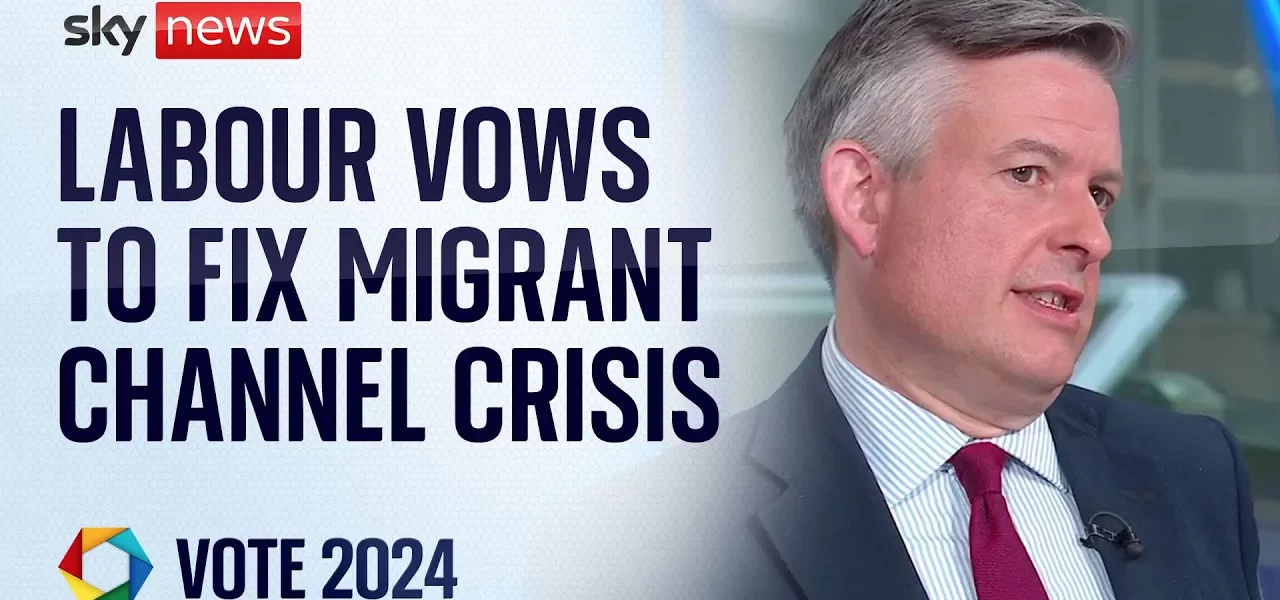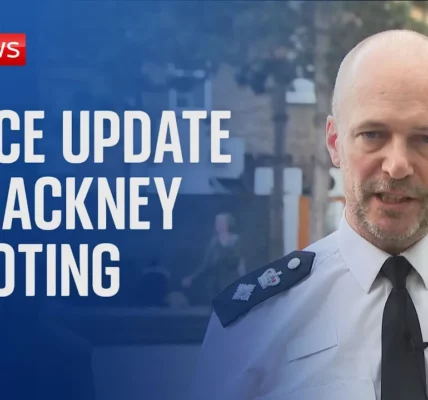Labour’s Comprehensive Plan to Combat Human Trafficking Across the Channel

In this article, we explore Labour’s detailed strategies to tackle the pressing issue of human trafficking across the Channel, the political discourse surrounding this topic, and the implications of current policies on migration and asylum in the UK.
Introduction
The issue of human trafficking has become increasingly prominent in political discussions in the UK, particularly concerning the smuggling of individuals across the English Channel. The Labour Party has laid out a comprehensive plan aimed at addressing this crisis, which involves a multi-faceted approach to dismantling human trafficking networks, enhancing border security, and reforming asylum processes. As the number of individuals crossing the Channel continues to rise, the urgency for effective solutions has never been greater.
Labour’s Strategy Against Human Trafficking
Labour’s approach to combating human trafficking is centered around a robust security framework and legislative measures aimed at disrupting criminal operations.
Cross-Border Security Force
One of the primary components of Labour’s plan is the establishment of a dedicated cross-border security force. This initiative aims to:
- Enhance surveillance and intelligence sharing across borders.
- Target and dismantle smuggling gangs operating in the Channel.
- Implement advanced technology for tracking illegal movements.
Utilizing Terrorist-Style Laws
Labour proposes leveraging existing laws typically used against terrorism to combat human trafficking. This includes:
- Freezing the financial assets of suspected traffickers.
- Increased monitoring of communications among suspected gangs.
- Heightened penalties for those found guilty of trafficking offenses.
These measures aim to create a deterrent effect against trafficking activities, as current methods have proven insufficient in curbing the flow of individuals across the Channel.
Critique of Conservative Policies
In contrast to Labour’s proposals, the Conservative government’s Rwanda plan has been met with skepticism. Critics argue that:
- The plan is financially burdensome, with costs exceeding initial estimates.
- It fails to address the root causes of migration and trafficking.
- There is no clear evidence that it deters individuals from attempting dangerous crossings.
Labour emphasizes the need for pragmatic solutions rather than expensive gimmicks that do not yield results.
The Asylum Application Backlog
A significant challenge in addressing human trafficking is the backlog of asylum applications in the UK. As of recent reports, there are approximately 95,000 pending applications, which hampers effective processing of individuals seeking refuge.
Current State of Asylum Applications
Labour acknowledges the backlog but highlights efforts to streamline the processing of these applications. The plan includes:
- Increased staffing in the Home Office to expedite decisions.
- Implementing technology to enhance application tracking.
- Collaboration with international partners to manage migration flows.
Broader Political Context
As Labour prepares for potential governance, the political landscape in the UK is shifting. The upcoming elections provide a crucial opportunity for the party to present its vision for a humane and effective migration policy.
Engaging with International Partners
Labour recognizes that global migration issues require international cooperation. This involves:
- Working with European nations to uphold international law.
- Engaging in dialogues with governments to create mutually beneficial agreements.
- Advocating for progressive values in international forums.
Conclusion
Labour’s comprehensive plan to combat human trafficking across the Channel presents a proactive approach to a complex issue. By focusing on dismantling trafficking networks, addressing the backlog of asylum applications, and fostering international cooperation, Labour aims to create a safer and more efficient migration system. As the political landscape evolves, it is imperative for voters to consider these critical issues as they head to the polls. Engage with your community, stay informed, and make your voice heard in the upcoming election.
Read more about Labour’s policies on migration and security.
“`




